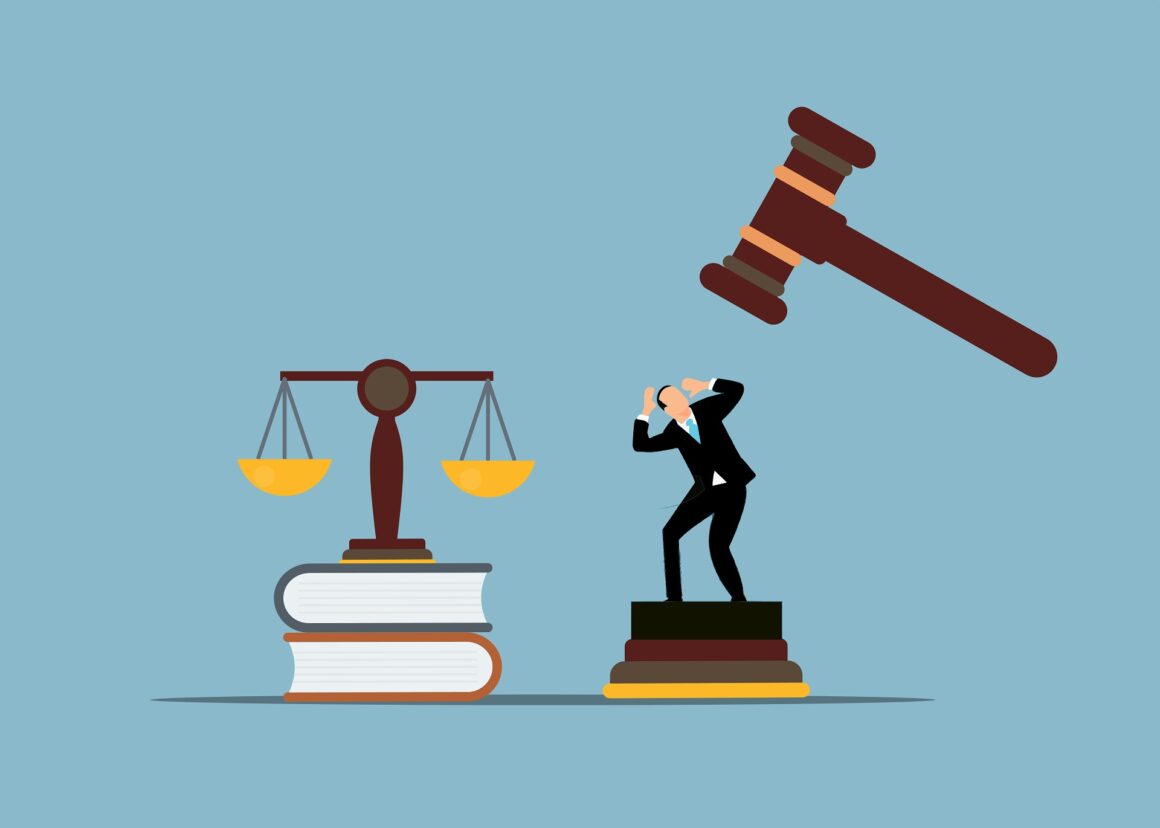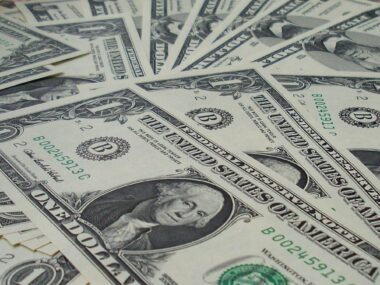A Decade of Growth, a Moment of Reckoning
For years, HYBE (formerly Big Hit Entertainment) was the industry’s Cinderella story. Thanks to BTS, transforming from near bankruptcy to a global entertainment powerhouse. But now, as founder Bang Si-hyuk faces a formal investigation for alleged financial misconduct, the question arises: was the company’s explosive success too much, too fast for its leadership to handle?
This isn’t just about one man’s possible mistakes. It’s about whether rapid success without proper infrastructure can sustain itself. Or if it inevitably collapses under its own weight.
From Underdog to Empire…Too Fast?
As someone who’s followed Big Hit since before the IPO was even a rumor, I’ve long had concerns. In 2018, when talks of going public first surfaced, I expressed deep skepticism. The company had grown fast, fueled by BTS and their fiercely loyal fandom. I wasn’t confident Bang Si-hyuk had the experience to manage the high-stakes responsibilities that come with being a public company CEO.
Growth isn’t always a gift. Competitors had years to build slow and steady, learning how to navigate shifting markets and internal crises. Bang, on the other hand, was reportedly relying on corporate manuals and self-education to keep pace. That’s not a criticism of his ambition. It is a red flag when millions (and eventually billions) are on the line.
Leadership in this kind of environment isn’t just about vision. It’s about discernment. Without the know-how to assess risk, hire the right advisors, or anticipate the legal and ethical boundaries of financial decision-making, the potential for missteps is massive.
The Allegations: Fraud and Deception
According to South Korea’s Financial Supervisory Service (FSS), Bang Si-hyuk is under investigation for alleged fraud tied to HYBE’s 2020 IPO. The accusations are severe:
- In 2019, Bang allegedly told shareholders HYBE had no plans to go public. He convinced them to sell their shares to private equity funds connected to him.
- In reality, the company was already preparing for an IPO. Bang had a secret profit-sharing agreement with those same funds, earning him 30% of their IPO profits.
- This deal was reportedly omitted from HYBE’s official IPO filings.
- The result? Bang allegedly pocketed around 400 billion KRW (roughly $290–300 million USD).
If true, these actions may constitute fraudulent and unfair trading practices under the Capital Markets Act. And the numbers involved aren’t small, meaning serious jail time could be on the table.
Is Naivety a Defense?
Let’s entertain a possibility: maybe Bang didn’t fully understand the legal implications of what he was doing. Maybe, as many suspect, he really was in over his head. Someone with creative and strategic talent thrust into a world of high finance without the foundation to operate safely within it.
Unfortunately, naivety is not a legal defense. If he misled shareholders, knowingly or not, that’s a serious breach of trust, and of the law. South Korea’s Capital Markets Act sets a minimum sentence of five years for financial crimes involving over 5 billion KRW. At 400 billion KRW, Bang could be facing a far more severe outcome.
And this wouldn’t be HYBE’s first credibility issue. The company has often issued statements like “nothing has been decided yet” only for plans to be confirmed shortly after. If a pattern of evasiveness is established, it may weigh heavily against him in court. And in the court of public opinion.
When Fandom Becomes a Pressure Point
Let’s not ignore the elephant in the room: BTS’s fandom has always been the engine behind HYBE’s success. That created a strange dynamic. Upsetting fans wasn’t just risky PR, but potentially a financial death sentence. This dependency may have pushed the company to prioritize appearances over transparency. A habit that can become dangerous when applied to corporate governance.
So we’re on the same page on how toxic the fandom is: BTS cannot publicly date without the majority of the fandom getting extremely upset. Upset enough to boycott the group or leave the fandom. Unfortunately, this is common in K-Pop.
When the fandom carries the brand, anything that disrupts that bond, whether it’s mismanagement, legal trouble, or loss of trust, has the power to topple the most profitable empire.
The Bigger Picture: Vision Must Be Matched with Competence
Bang Si-hyuk’s story is complicated. He’s a visionary who believed in BTS when no one else did. But belief alone doesn’t prepare someone to run a billion-dollar public company. The current investigation isn’t just about one decision. It’s about what happens when success outpaces infrastructure, and charisma substitutes for competence.
If he’s guilty, the law should take its course. If he’s not, this is still a sobering lesson: being at the top means taking full responsibility, even when you’re not ready.
Success Requires More Than Passion
We all want to believe that hard work and passion are enough. But building an empire requires more. Legal knowledge, experienced leadership, and an understanding that public trust is a currency you can’t afford to devalue. Whether Bang Si-hyuk is ultimately found guilty or not, the situation is a reminder that rapid success is not a shortcut. Without structure, ethics, and accountability, even the brightest star can burn out.






